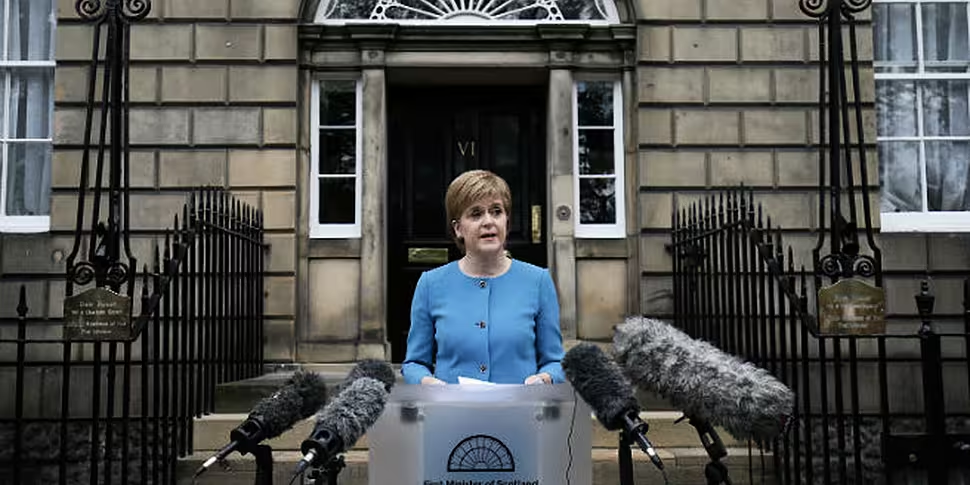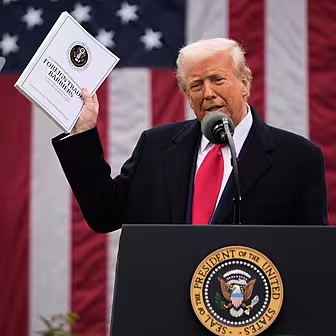Following the example of Greenland may be an avenue worth exploring for Scotland and Northern Ireland as they look to remain in the European Union in the wake of the Brexit vote.
Denmark-based academic Ulrik Pram Gad's proposal of a 'reverse Greenland' is one that has garnered interest from SNP leader and Scottish First Minister Nicola Sturgeon, who shared the proposal on social media on Saturday.
In a piece on the London School of Economics website, Gad outlines that while Greenland's exit from the EEC (as it was known in 1985) is a poor precedent for Brexit, there's a chance that the example could be used as the basis for an agreement with the EU and the UK.
Interesting piece by a Denmark based academic - Could a ‘reverse Greenland’ arrangement keep Scotland in the EU? https://t.co/pobSSDfTY2
— Nicola Sturgeon (@NicolaSturgeon) 13 August 2016
The example of Denmark, Greenland and the Faroe Islands shows that "one sovereign state may comprise territories with a variety of formal and practical statuses via-à-vis the EU," writes Gad.
Noting that Article 50 did not exist at the time, nor would it have applied given it wasn't a full withdrawal of a member state, Gad notes that "parts of the territory of a member state were exempted from membership" as a result of the negotiations, and entered the category of "Overseas Countries and Territories with constitutional links to a member state."
The proposal then would see England and Wales, the regions that voted to leave the EU, negotiate for territorial exemption rather than a full-on Brexit, which would have huge implications for Scotland, Northern Ireland and even Gibraltar.
However, Gad notes that the suggestion creates its own difficulties, with the burden then falling on England and Wales to negotiate their complicated relationship with the rest of the EU.
Sturgeon took to Twitter in the wake of her sharing the article to note that she wasn't hailing it as a perfect solution, and was simply sharing the piece for consideration.
I simply retweeted an interesting article! https://t.co/9CGxMxxLU2
— Nicola Sturgeon (@NicolaSturgeon) 13 August 2016
Speaking during her first visit to Scotland, Prime Minister Theresa May said the various ideas put forward which would see the country stay in the EU were "fanciful," but added that amid financial and political concerns, "what Scotland can expect is that we will take these issues very seriously and in a way that ensures we can give people certainty."
However, it was also reported earlier this week that Scotland may face a shortfall of around £5 billion in EU funding which the Conservative government has not guaranteed they will be able to match.
According to The Daily Record, Tory Scottish Secretary David Mundell "refused to confirm whether all the cash will be delivered", while Sturgeon called for "firstly, early assurance about EU structural funds, and second, a UK-wide stimulus package which through consequential funding would enable the Scottish Government to do more to accelerate capital spending."
The British government has, however, pledged to plug a funding gap for farmers, universities and poorer regions across the UK to the tune of £4.5 billion through to 2020.
Via LSE, Daily Record









